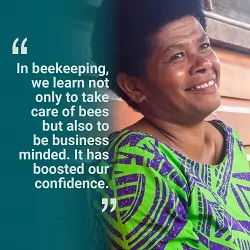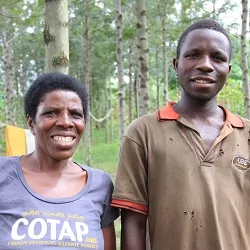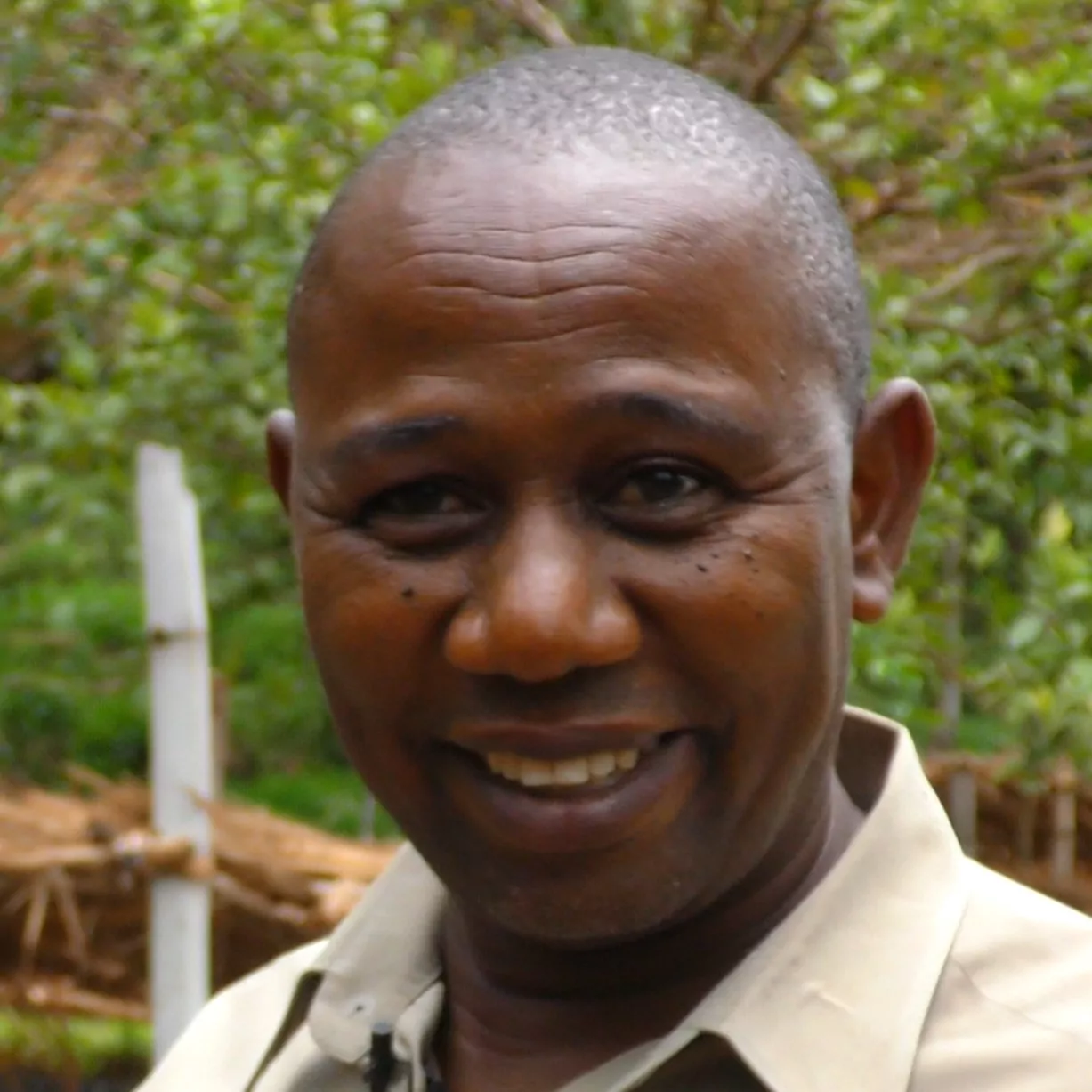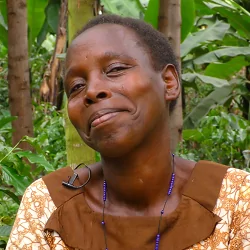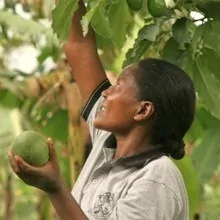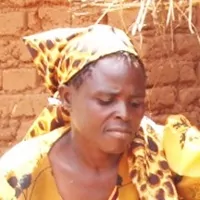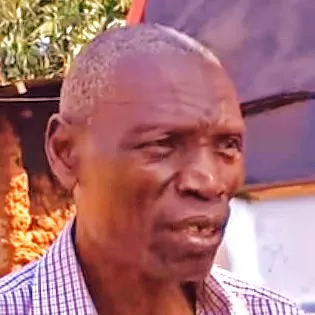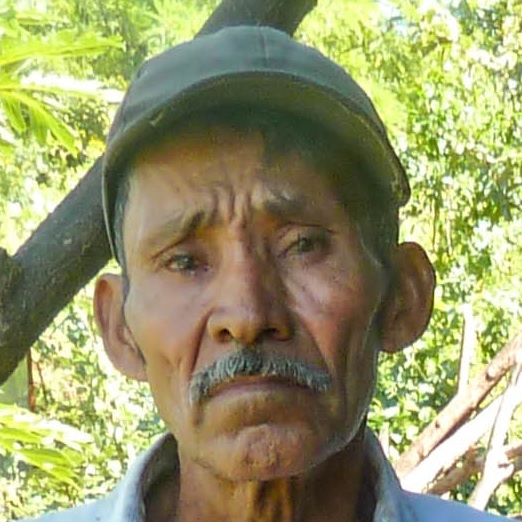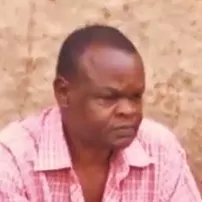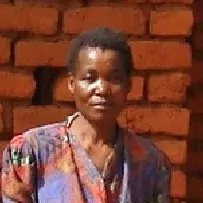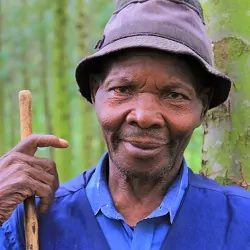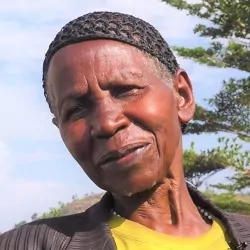 This Op-Ed first appeared in The Hill and an edited version also appears on Ecosystem Marketplace.
This Op-Ed first appeared in The Hill and an edited version also appears on Ecosystem Marketplace.
Why we wrote it: Beginning in May 2019, ProPublica reporter Lisa Song went on a tear with at least seven anti-carbon offsetting articles. Done under the auspices of an “investigative” outlet like ProPublica, any topic covered is, by definition, being “investigated.” In other words, when the mission of a news outlet is a figurative hammer, then the topic at hand can’t be treated as anything other than a nail – the coverage is going to be negative and biased.
Ms. Song’s sustained fusillade, and the fact that it was done through a broad news outlet, are unique. Not unique is the phenomenon of unknowledgeable, unaccountable, and dilettante journalists who swoop in, do lasting and undeserved damage, and then leave. They are, in a sense, a lot like seagulls: they fly in, make a lot of noise, shit everywhere, and then leave! For example, in 2013 freelance hack Ryan Jacobs wrote The Atlantic piece “The Forest Mafia: How Scammers Steal Millions Through Carbon Markets.” Like Ms. Song, he used improper and/or outdated examples, cherry-picked facts, took things out of context, and failed to examine the many success stories out there. Though Steve Zwick wrote a thorough rebuttal to the piece, Mr. Jacobs provided no updates to his article nor did he write any follow-on pieces about forest carbon offsets. And – unlike Zwick’s rebuttal – Jacobs’ uncontested and shoddy work was then referenced and promulgated by many other outlets, as he moved on to writing his hot new book about truffle crimes.
Unfortunately, rebuttals like ours too often appear in more niche news outlets. They get overlooked and forgotten relative to pieces like Ms. Song’s, which get parroted ad nauseam and without question. Ms. Song knows her unbalanced and specious output unravels upon closer examination. What’s tragic is that folks like her know this and do it anyway: she declined an invitation to explain and defend her work on the Bionic Planet podcast hosted by Steve Zwick, editor of Forest Trends’ Ecosystem Marketplace.
Anyway… our piece below was once again published by The Hill, one of Washington’s most respected and influential news outlets. Enjoy!
June 22, 2019
Australian researchers recently warned that without “immediate drastic action,” climate change will degrade our forests, farms, and ecosystems to such a degree that civilization as we know it could collapse as soon as 2050. Such dire climate projections are increasingly common, as is unwarranted cynicism about climate solutions.
The Paris Climate Agreement, for example, coordinates and accelerates national climate action plans, but it’s dismissed for not dictating those plans itself. The Green New Deal is designed to generate an action plan for the U.S., but it’s dismissed as pie in the sky. Efforts to end deforestation are designed to attack its economic roots from multiple angles, but are dismissed as messy and imperfect. It’s enough to make concerned citizens feel like we’re part of some global experiment in learned helplessness.
The dire climate warnings may be justified, but the growing cynicism about solutions reflects a lack of understanding about what works and what doesn’t, rather than futility of the solutions themselves. At least some of what we’re doing has worked on a small scale, and is likely to work on a large scale.
California has the largest economy of any U.S. state and achieved some of the deepest emissions cuts through a range of measures including renewables, efficiency and a forest carbon offset program which works and could be expanded through a new Tropical Forest Standard. Four other states passed 100 percent clean electricity measures with tight timelines for eliminating fossil fuels, including a “superb” one in Washington state (which includes carbon offsets among many other tools) signed by Governor and presidential candidate Jay Inslee. Inslee also just announced a sweeping plan to revamp U.S. foreign policy to fight climate change globally, including reengaging the Paris Agreement.
Trump’s disengagement notwithstanding, the Paris Agreement is progressing as designed, with at least 80 countries soon to announce greenhouse gas (GHG) emissions reduction targets exceeding their 2015 commitments. Half of them use carbon finance mechanisms including carbon offsets to fund better management of their forests, farms, and fields for lower emissions.
That’s key, because up to about 30 percent of global GHG comes from agriculture and the forests chopped to make way for it. With climate-smart agriculture, we can turn those carbon emitters into carbon sinks and take the pressure off forests, but it requires costly improvements in operations and restructuring of rural economies.
That’s where carbon finance comes in. Ethiopia’s Climate Resilient Green Economy initiative, for example, uses development aid tied to emission reductions to improve the resiliency of farms so that farmers don’t expand into forests. India’s Khasi Hills carbon offset program uses carbon offsets to protect forests by helping 62 villages across 67,000 acres shift from slash-and-burn open grazing of cows and goats to more sustainable stall-fed pigs and chickens. The lions’ share of the carbon revenues go directly to the farmers and community members, 80 percent of whom would otherwise live on less than $2 a day.
Although the money in these examples comes from different sources (pay-for-success vs. offsetting), both reduce GHG emissions by helping farmers manage their land more efficiently, both link the payments the GHG reductions, and both are partly financed by something called “REDD+.”
It stands for “Reducing Emissions from Deforestation and Degradation, plus conservation, sustainable management of forests, and enhancement of forest carbon stocks.” It’s an umbrella term for various mechanisms enabling governments, farmers and foresters to earn money by managing their land in ways that either absorb more or emit less GHG than they would otherwise.
Some of the methodologies REDD+ relies on originated (ironically) in time-tested quantitative methods which timber traders use to negotiate deals, and which planning agencies now use to project changes in land use. These techniques evolved despite a surprising lack of consensus on what constitutes a forest, given wide variations in tree height, density, carbon sequestration, and human encroachment.
Such things need rigorous definitions, and the scientific debate around them recently reached a milestone, when the Accountability Framework Initiative (AFi) unveiled a new global consensus on what a forest is, what deforestation is, and how forests impacts can be measured.
Mainstream media didn’t cover it, and that’s part of the problem: It tends to ‘ignore the forest for the trees,’ passing over this level of scientific rigor and careful definitions to seek out the conflict story. The rigor of REDD+ methodologies or AFi’s work doesn’t get much attention outside the specialized “trade” press, yet mainstream media have eagerly and often unfairly panned REDD+ and carbon offset projects for “putting a price on nature,” or promoting “climate colonialism,” or letting wealthy polluters off the hook instead of stopping GHG emissions at the source. Sometimes they publish factually-challenged “exposés” without ever diving into the nitty-gritty of how REDD+ works, citing a token sample of unrepresentative projects to conclude the whole field is fatally flawed.
There’s insufficient space here for rebuttals (one of us posted one here), but the larger point is recognizing the misconceptions that lead to such errors. One misconception is seeing REDD+ as a standalone intervention. In fact, it’s a small part of a broader, holistic approach needed to fight climate change and deforestation. We have to eat less beef, and we also have to finance sustainable agriculture as in the Ethiopian and Indian examples above.
Another misconception is that deforestation halted in one place simply migrates down the road — an effect known as “leakage.” It does happen — and gets duly accounted for when it occurs. But taking leakage as a wholesale indictment of REDD+ is a misunderstanding of how sustainable production works.
Sustainable producers manage their land to grow food and support livelihoods without churning through topsoil or cutting forests. When properly implemented, such practices tend to get picked up and copied by neighboring producers. But implementing them costs money and requires investment and training. For example, land managers who want to produce pulp and timber sustainably under Forest Stewardship Council (FSC) certification face prohibitively higher costs than the bad guys. REDD+ financing can level the playing field and help scale up FSC production, so it’s a big, net gain for the climate.
Sound complicated? No more so than college football, yet no shortage of reporters cover that. For decades media and policy discourse often failed to grasp, let alone explain to mass audiences, the enormity of the climate problem. Let’s not make the same mistake on solutions.
Steve Zwick is the Managing Editor of Ecosystem Marketplace, a web-based information platform which publishes newsletters, breaking news, original feature articles and major reports about market-based approaches to conserving ecosystem services.
Tim Whitley is the founder and CEO of Carbon Offsets to Alleviate Poverty (COTAP), a 501(c)3 public charity that sells offsets from certified forestry projects in least-developed regions which create transparent and accountable earnings for rural farming communities where income levels are less than $2 per day.
About The Hill
The Hill, which is known among those who influence policy as a “must read” in print and online, serves to connect the political players, define the issues, and influence the way Washington’s decision-makers view the debate. Since its launch in 1994, The Hill has been the newspaper for and about Congress, breaking stories from Capitol Hill, K Street and the White House. The Hill stands alone in signaling the important issues of the moment by delivering solid, non-partisan and objective reporting on the business of Washington, covering the inner-workings of Congress, as well as the nexus between politics and business.


